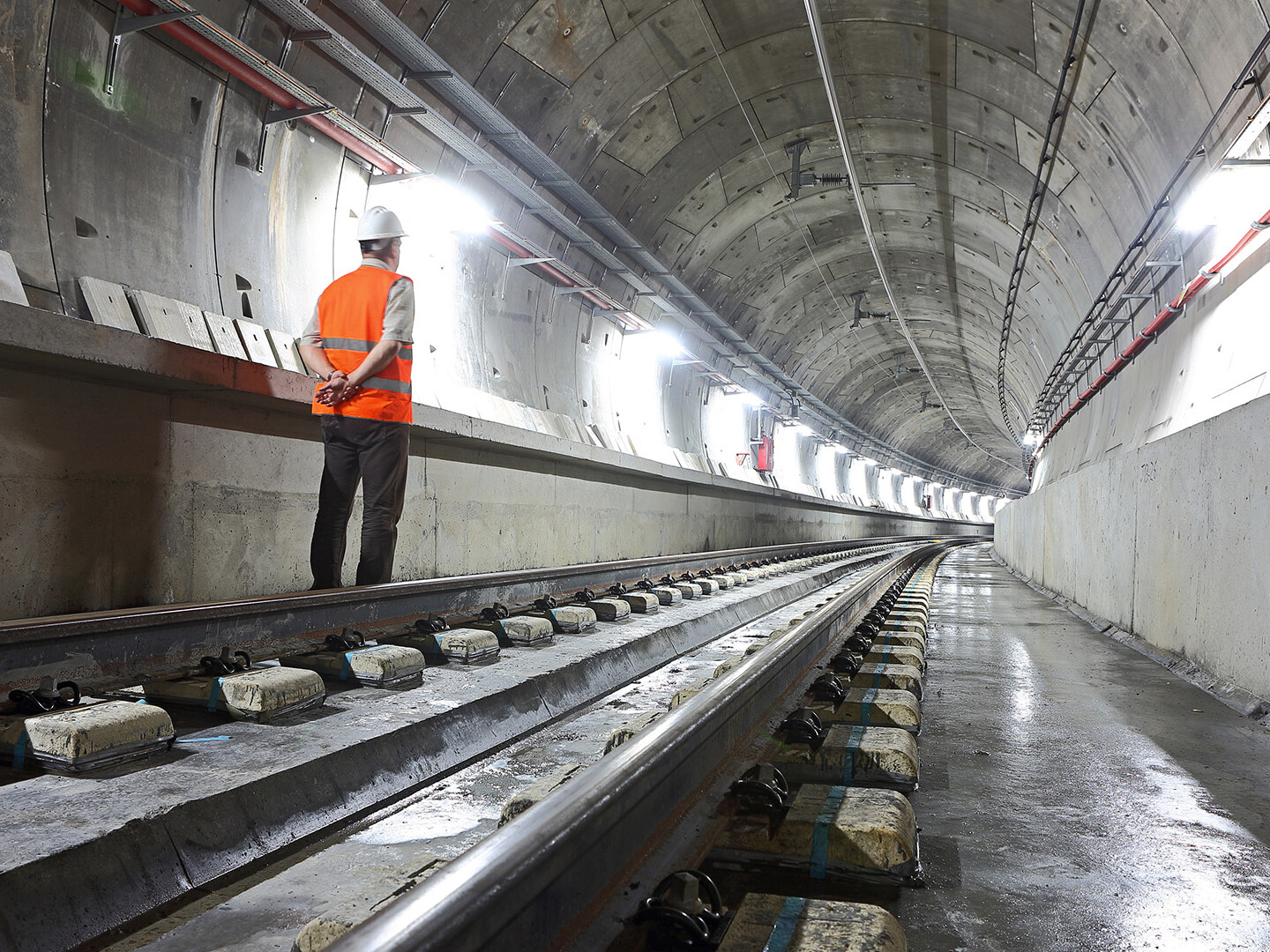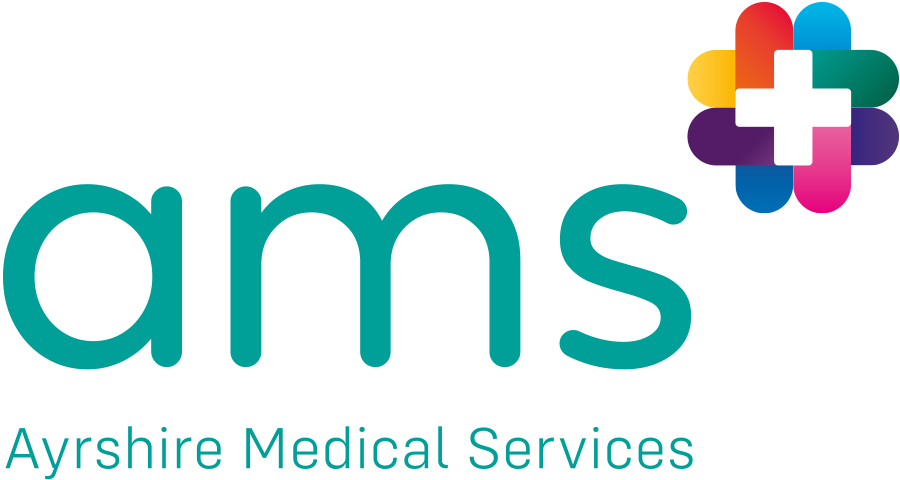Personal Track Safety
A Safer Working Practice
Personal Track Safety is a system of safer working practices employed within the United Kingdom designed to ensure the safety of railway workers who must work on the lineside. The previous system was updated in 2014 and now is incorporated under the Sentinel Banner. For more information on Network Rail and Sentinel www.railsentinel.co.uk
A PTS Certificate is required before anyone is allowed to work within the boundary of Network Rail tracks in the UK (or near the line). Any potential employee must undergo a medical and drug and alcohol test before attending a ‘Personal Track Safety’ course.
The medical assessment is undertaken for PTS certification must be undertaken by an accredited medical provider. In the case of PTS this is authorised by the RISQS procedure (under the authority of Network Rail).
The PTS certificates lists competencies held by the person named on the card, which may include:
- Medical Certificate (expiry dependant on age)
- PTS (AC or DC), PICOP, COSS, IWA or others
PTS ensures that rail workers are aware of their surroundings so that they do not enter situations where aforementioned accidents are likely to occur, are able to move around the line-side safely and are able to react appropriately to circumstances (e.g. the approach of a train).
A valid PTS Medical and PTS Drug & Alcohol are required throughout your career within the railway.
PTS Medicals can be carried out by AMS onsite (subject to minimum numbers) or within our clinic located in Ayr.


Personal Track Safety Medical Requirements
We have a summary of the Minimum Medical Fitness Standard required for Personal Track Safety, which all successful candidates will be required to take upon offer of an apprenticeship.
Safety Requirements
Distance vision at least 6/9 in the better eye and 6/12 in the other eye, with spectacles or contact lenses if worn; with no medical condition(s) present likely to cause visual impairment.
Normal colour vision tested using the Ishihara Plates test and reported as normal or abnormal. Normal colour vision is an essential requirement for Signalling, Electrification & Plant and Telecoms Apprenticeships.
Normal colour vision is not required for basic Personal Track Safety purposes, but it is a requirement of certain tasks undertaken on or near the line to which other, job-specific requirements apply.
Good conversational hearing is required with no medical condition(s) present likely to cause unpredictable fluctuation in hearing levels.
A good standard of general health is required. Persons shall not be permitted to go on or near the line if they are suffering from medical conditions or taking medical treatments, likely to cause sudden loss of consciousness, impairment of awareness or concentration, sudden incapacity, visual impairment of temporary or transient nature, impairment of balance or co-ordination, significant limitation of mobility. Examples include: epilepsy, insulin controlled diabetes and unstable angina.
.
Where a known medical condition exists restrictions will be imposed and a risk assessment shall be undertaken to create, where possible, a safe system of work.
.
We serve the full of the UK
Appointments are available at our offices in Ayrshire or we offer a UK wide service, visiting your premises. By using an onsite service. The loss of productivity in your organisation is minimised. By promoting health surveillance, morale in the workplace is increased and statistics have shown that sickness absence is reduced.

